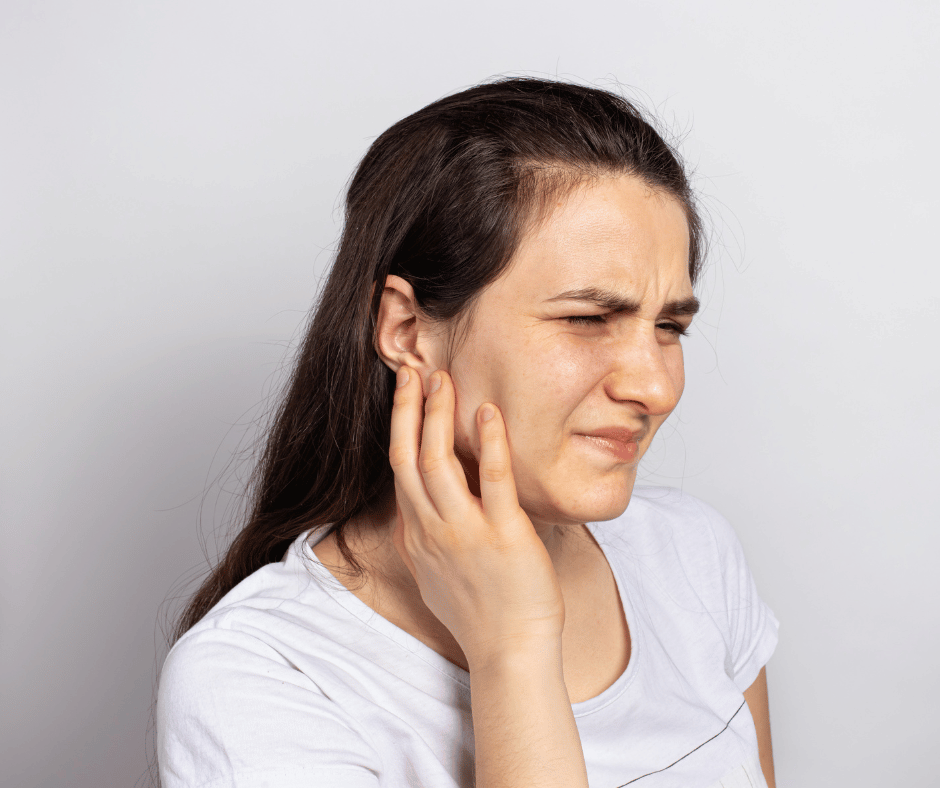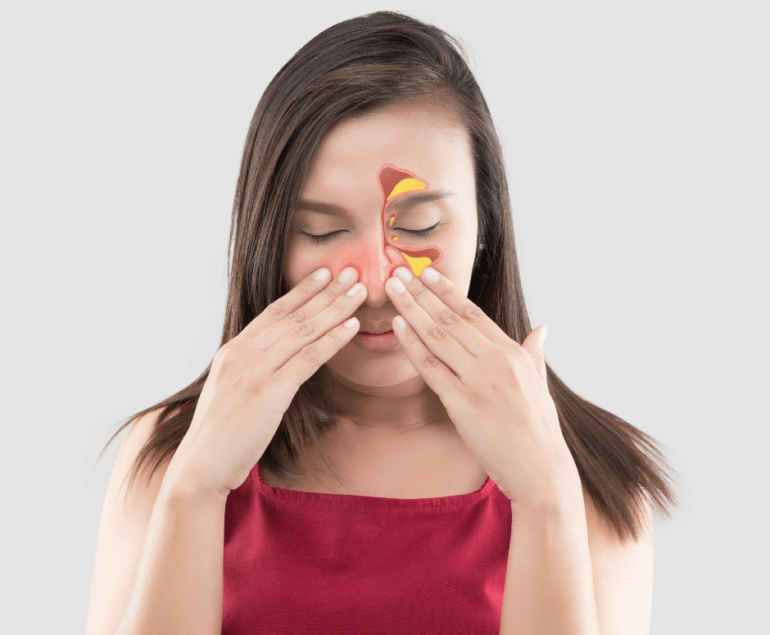Barotrauma, a condition caused by pressure changes in the environment, can be a significant concern for individuals engaging in activities such as air travel and diving. As an ENT surgeon, Dr. Vivek Kumar Pathak understands the importance of educating individuals about preventing barotrauma to ensure a safe and enjoyable experience. In this blog post, we will explore essential tips to prevent barotrauma during air travel and diving.
Introduction to Barotrauma
Barotrauma refers to tissue damage caused by a pressure imbalance between the internal body cavities and the surrounding environment. This condition commonly affects the ears, sinuses, and lungs and can occur during activities involving rapid changes in pressure, such as air travel and diving.
Understanding Barotrauma
Definition of Barotrauma
Barotrauma occurs when the pressure inside the body is not equalized with the pressure in the surrounding environment. This pressure imbalance can lead to various symptoms and complications, ranging from mild discomfort to severe pain and tissue damage.
Types of Barotrauma
Barotrauma can manifest in different forms, depending on the affected body part. Common types of barotrauma include ear barotrauma, sinus barotrauma, and pulmonary barotrauma.
Barotrauma During Air Travel
Causes of Barotrauma During Air Travel
Barotrauma during air travel is primarily caused by rapid changes in cabin pressure as the aircraft ascends or descends. These pressure changes can result in difficulty equalizing the pressure in the middle ear, leading to discomfort or pain.
Symptoms of Barotrauma During Air Travel
Symptoms of barotrauma during air travel may include ear pain, muffled hearing, dizziness, and a feeling of fullness or pressure in the ears.
Prevention Tips for Air Travel Barotrauma
To prevent barotrauma during air travel, individuals can:
- Swallow, yawn, or chew gum during takeoff and landing to help equalize ear pressure.
- Use specialized earplugs designed for air travel to regulate pressure changes.
- Avoid sleeping during descent, as it may impede equalization efforts.
Barotrauma During Diving
Causes of Barotrauma During Diving
Barotrauma during diving occurs when pressure changes underwater affect the body’s air-filled spaces, such as the ears, sinuses, and lungs. This can happen during descent or ascent and is often associated with improper equalization techniques.
Symptoms of Barotrauma During Diving
Symptoms of barotrauma during diving may include ear pain, difficulty equalizing pressure, sinus pressure or pain, and shortness of breath.
Prevention Tips for Diving Barotrauma
To prevent barotrauma during diving, individuals should:
- Descend and ascend slowly to allow gradual pressure equalization.
- Practice proper equalization techniques, such as the Valsalva maneuver, to equalize pressure in the ears and sinuses.
- Avoid diving with congestion or respiratory infections, as they can impair equalization efforts.
General Tips to Prevent Barotrauma
In addition to specific tips for air travel and diving, individuals can take the following measures to prevent barotrauma:
- Stay hydrated to keep mucous membranes moist and facilitate equalization.
- Avoid activities that involve rapid changes in pressure if you have a history of barotrauma or underlying ear or sinus conditions.
- Seek medical advice before engaging in activities that may pose a risk of barotrauma, particularly if you have pre-existing medical conditions.
Consultation with an ENT Specialist
If you experience recurrent barotrauma or have concerns about your ability to equalize pressure effectively, it is essential to consult with an ENT specialist. A qualified physician can assess your condition, provide personalized recommendations, and address any underlying issues that may predispose you to barotrauma.
Conclusion
Barotrauma can pose significant challenges for individuals engaging in activities such as air travel and diving. By understanding the causes, symptoms, and prevention strategies associated with barotrauma, individuals can take proactive measures to protect their health and ensure a safe and enjoyable experience. Whether traveling by plane or exploring the depths of the ocean, implementing these tips can help mitigate the risk of barotrauma and enhance overall well-being.
FAQs
- Is barotrauma common during air travel? Barotrauma during air travel is relatively common, especially among individuals with underlying ear or sinus conditions.
- Can children experience barotrauma during air travel? Yes, children are susceptible to barotrauma during air travel, particularly if they have difficulty equalizing pressure in their ears.
- Are there any medications that can help prevent barotrauma? Some individuals may benefit from using decongestants or nasal sprays to relieve congestion and facilitate pressure equalization.
- Is barotrauma reversible? In many cases, barotrauma resolves on its own once pressure is equalized. However, severe cases may require medical intervention to prevent complications.
- Can barotrauma lead to permanent hearing loss? While rare, severe or recurrent barotrauma can potentially cause permanent damage to the ears and hearing loss if left untreated.
About Author:
Dr. Vivek Kumar Pathak: Renowned ENT Surgeon, Senior Professor, and Founder.
Dr. Pathak, ENT surgeon at Kailash Hospital, Senior ENT Professor at Sharda University, and founder of Entegrity Care, brings expertise and innovation to healthcare. Discover the visionary behind Doxtreat Healthcare, shaping the future of ENT care.
Website www.drvivekpathak.com
Call +917838450942
WhatsApp +91 78384 50942
Book an appointment with Dr. Vivek kumar Pathak by filling the form.




